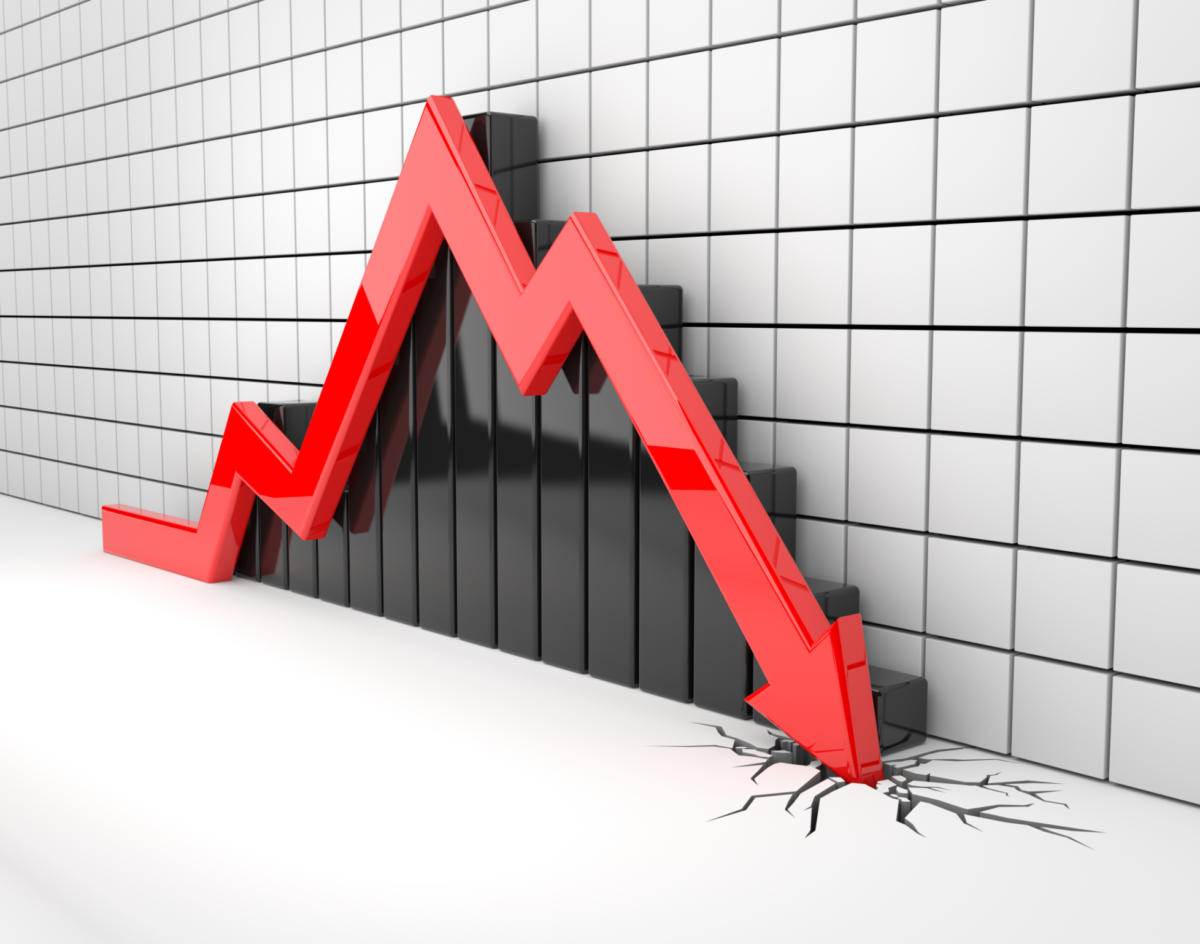For a person with a debt problem, a possible option to sort it is bankruptcy. A person is free to apply for bankruptcy if he is unable to repay his debts. A person does not necessarily have to apply for bankruptcy. Another person he owes money to (a creditor) can request the court to make him bankrupt, against his will. An individual can do this provided the person owes him a minimum of £5,000. Bankruptcy could have grave consequences. It isn’t necessarily the sole option or the best option for the person. There are other debt solutions, cases in points being a DRO or IVA.

Going bankrupt – what are the benefits?
On the completion of the bankruptcy order, a person is free to start anew. Usually, bankruptcy takes a year to complete. What are the other benefits of going bankrupt? Some of them are:
- The person is relieved of the pressure as he does not have to cope with his creditors
- The person is free to keep definite things that are referred to as “exempt goods.” Examples are
- Routine domestic items
- Tools that he needs for doing his job
- A car that he needs to get to work or if he is a carer that is worth less than £2,000
- The person is free to keep a practical sum from his income for living on
- If the person has to make payments from his income, he will have to do so for 3 years. He does not need to make payments if his sole revenue is from welfare benefits
- Creditors must stop a good number of sorts of court action for getting their cash back subsequent to a bankruptcy order
- The person need not replay any debt that bankruptcy covers
Going bankrupt – what are the drawbacks?
A person who wishes to apply for bankruptcy needs to shell out £680 as a fee. What are the other drawbacks of going bankrupt? Some of them are:
- A person with a sufficiently high income will be called for making payments towards his debts for 3 years
- The person will have a harder time to take out credit for the time he is bankrupt, and his credit rating will get affected for 6 years
- A person who owns his home may need to sell it. This depends on its worth after the repayments of any sums secured on it
- A person who rents a home could have his tenancy ended by the landlord
- The person may need to sell off some of his possessions that aren’t “exempt goods” as per Faliment Personal UK rules
The person may have to stop his profession, based on his profession. If the person owns a business, it could be shut down, and the assets could be sold off. Bankruptcy may affect the person’s immigration status. The person’s bankruptcy is going to be published publicly. However, he may move the court for an order against his details being given out. A bankruptcy restriction order is possible against the person that lasts for a maximum of 15 years, restricting his financial affairs.
